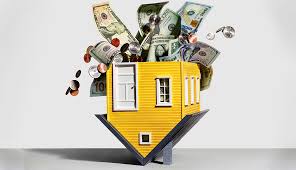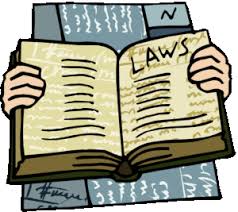 September 2021
September 2021
A growing number of people own homes they cannot afford. Mortgage payments, condo fees, utilities, property taxes and living expenses exceed Old Age Security and Canada Pension Plan income. With inadequate savings or investment assets the situation can be dire.
Despite the belief that a paid-off home is the solution to living comfortably in retirement, the reality is quite different and solutions are limited. Obtaining a mortgage can be difficult for someone with a paid-off home and no income. Many have decided that a reverse mortgage, which requires home ownership and no income stipulations, is the solution to funding their retirement. So many are choosing this option that reverse mortgage debt is increasing by 25 percent each year; far more than the five percent annual increase in mortgage debt.
Reverse mortgages are a form of borrowing generally available to those over 55 years old. While terms may differ, a borrower may borrow up to 55 percent of the equity in their home and use the money for any purpose. No payments are required until the borrower sells or passes on. Funds are not taxed. Funds from a reverse mortgage can be used to pay condo fees. While reverse mortgages have no immediate impact on condo communities, longer-term concerns about the value of properties may be justified. Estates with insufficient financial assets to repay this debt will be forced to sell properties. Financial institutions will foreclose on those unable or unwilling to repay this debt. Combined with what may be declining home prices, this could create excess supply in some communities further lowering selling prices.
At first glance this appears to be a perfect solution for an individual short on funds. A reverse mortgage can provide hundreds of thousands of dollars that can be used to fund living expenses. It allows individuals to benefit from recent housing inflation. The cost is a significant reduction in net worth and inability of individuals to leave anything for their children.
Interest on this debt is high – currently nearing six percent or more than twice the cost of a five-year mortgage. Since no payments are required the principal amount owed increases each month along with interest owed. After about five years amount owed can increase by more than 30 percent, in addition to substantial set-up charges. This debt never disappears. Its growing value makes it unlikely seniors will be able to pay it off. After they pass on, the estate must repay this debt which may leave nothing for children.
 Alternatives to a reverse mortgage include a HELOC (home equity line of credit) which offers lower interest payments and no increase in debt.
Alternatives to a reverse mortgage include a HELOC (home equity line of credit) which offers lower interest payments and no increase in debt.







